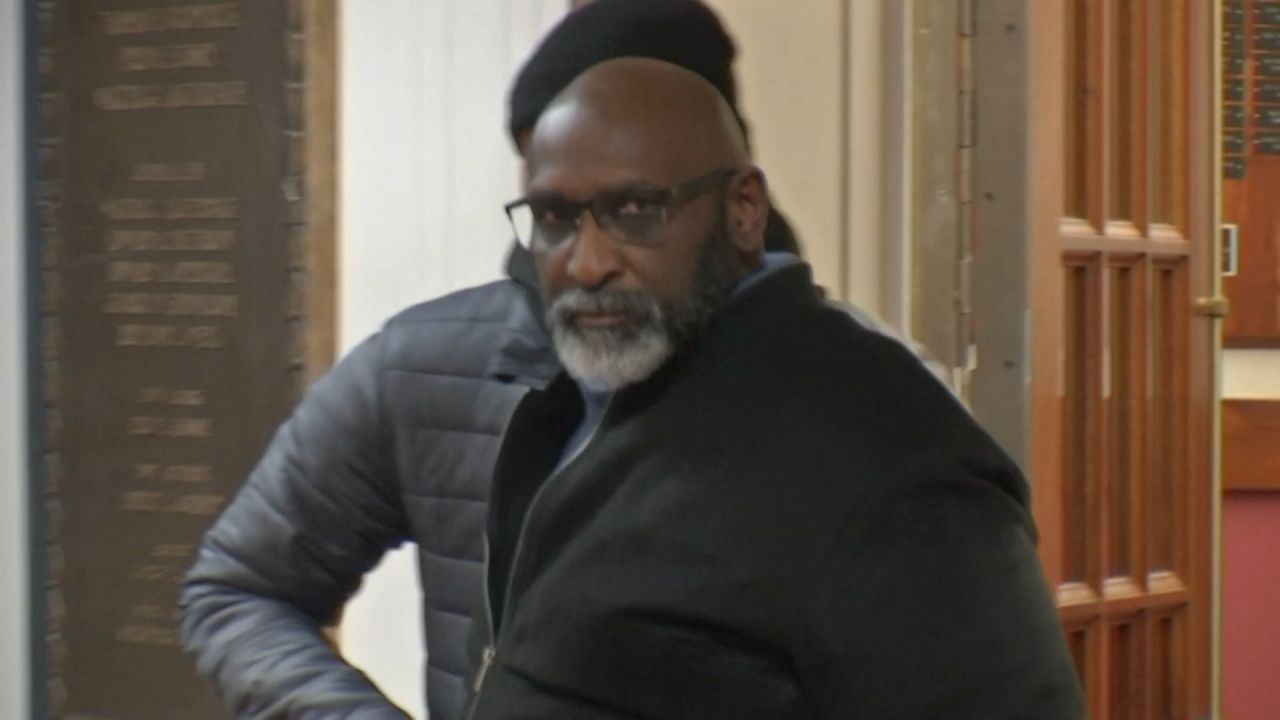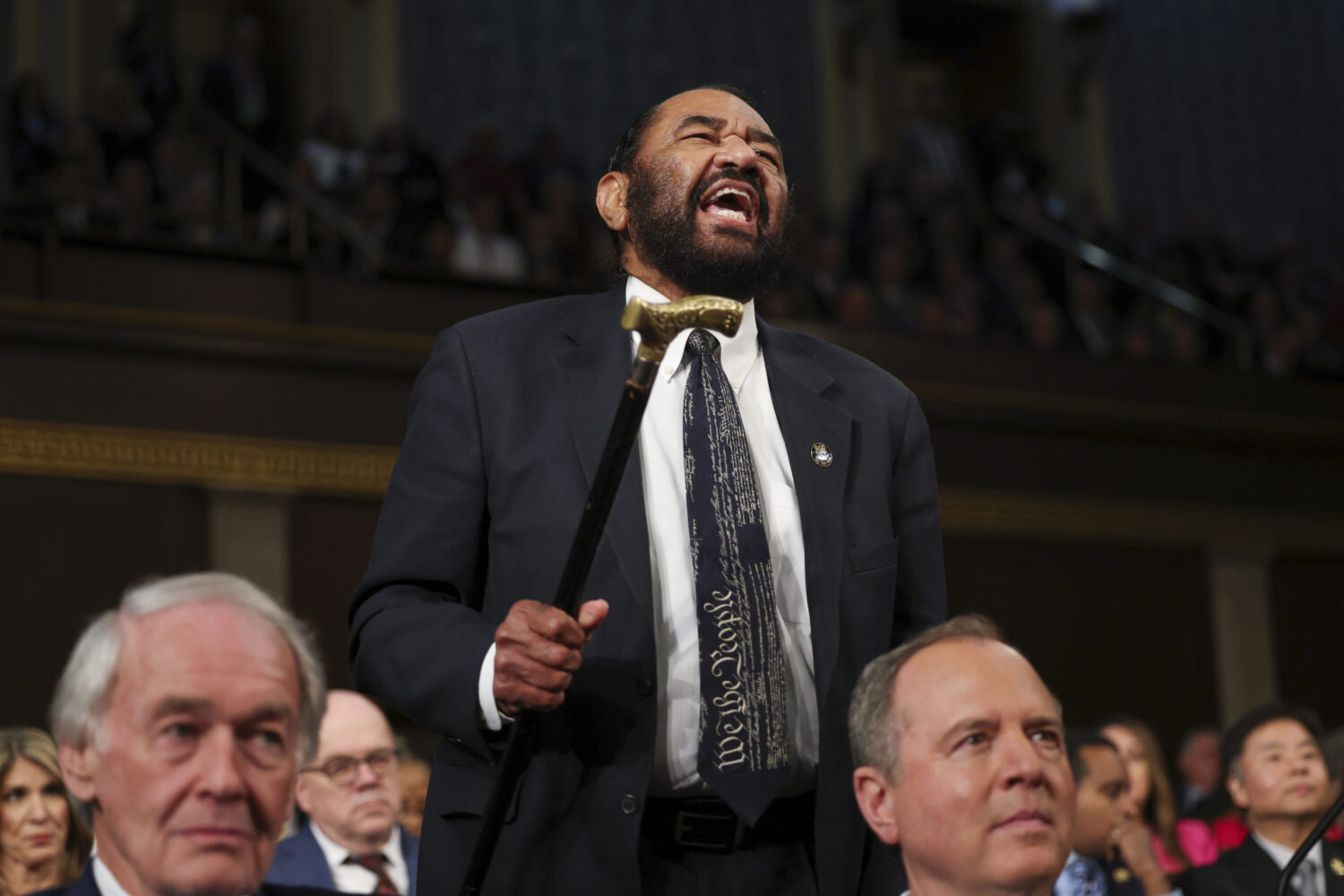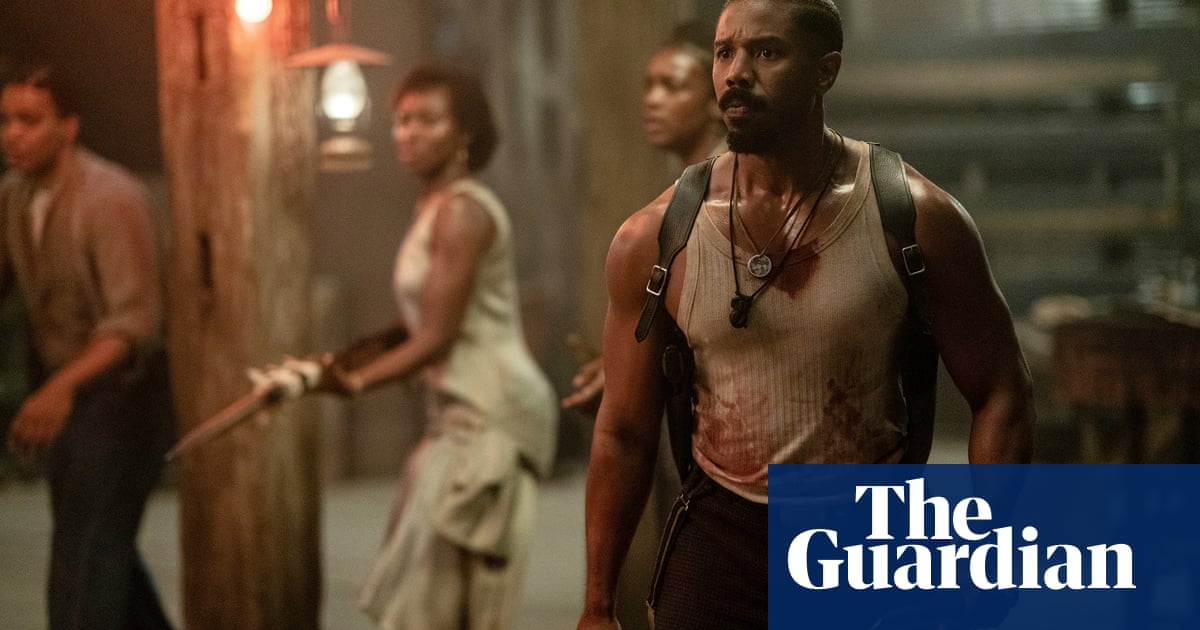- BlackVoter.Org
- Posts
- BlackVoter.Org
BlackVoter.Org


Irondequoit Town Supervisor Andrae Evans is firmly rejecting calls for his removal following a petition from Monroe County District Attorney Sandra Doorley, spurred by allegations of sexual harassment and retaliation against a former employee. In a passionate response, Evans maintained his innocence, asserting that he has always treated individuals with dignity and respect.
He emphasized his commitment to the community's progress and dismissed the petition as a politically motivated attack on his character. "No criminal charges have been filed, and this attempt to remove me from office is unfounded and absurd," he stated.
Amidst the turmoil, the town board has voted to censure Evans, while he has taken legal action against them, claiming their actions were unlawful and overreaching. This politically charged showdown is set to unfold before the New York State Appellate Division this fall, leading to a contentious few months for both Evans and Irondequoit.

In a recent controversy, Houston Congressman Al Green has accused Tennessee Rep. Diana Harshbarger of using a racially charged term when she referred to him as "boy" during a podcast appearance.
Green, a 77-year-old Black Democrat, found Harshbarger's comments racially insensitive and called out the long-standing implications of such language, emphasizing that it is "not a joke" within the context of African American history. Harshbarger further mocked Green, questioning his use of a cane and labeling him "weird Al.
" Green defended his cane, stating it is essential for stability following surgeries. He called for honesty from Harshbarger regarding her remarks, indicating that slurs should not be trivialized.
Community support followed Green, with local leaders and civil rights organizations joining his condemnation of the language used. As tensions mount, Green urges a reevaluation of such derogatory terms in political discourse.


In a powerful address at the United Nations Permanent Forum on People of African Descent, Rev. Dr.
Benjamin F. Chavis, Jr.
passionately advocated for racial equity in the digital realm. Representing the Black Press of America, he highlighted the pressing need to confront systemic racism embedded in mainstream and social media, especially as artificial intelligence becomes increasingly prevalent.
Chavis urged global leaders to take action against digital bias and algorithmic discrimination, denouncing the notion that those who historically oppressed African peoples can now utilize technology to uphold their rights. He called for the establishment of a collective of multimedia organizations owned by Africans and people of African descent, championing a future that prioritizes their voices.
His rallying cry was clear: "Basta Racism! Basta Imperialism! A Luta Continua!"—a message of resilience and hope for a more equitable world.

In a powerful display of solidarity, Black churches are rallying behind the Smithsonian's National Museum of African American History and Culture in response to former President Trump's recent executive order. Rev.
Robert Turner, who has been walking 43 miles each month from Baltimore to Washington, D.C.
, to advocate for reparations, stopped at the museum to lay a wreath and pray in support of its mission. This institution, pivotal for celebrating Black history and resilience, has faced criticism for its portrayal of America's past.
Turner, alongside other pastors, is encouraging congregations to become museum members, emphasizing the importance of sharing an honest narrative of American history. With Trump’s administration aiming to alter the focus of the Smithsonian, church leaders see their support as crucial not only for preserving Black history but also for fostering a culture of truth and remembrance in America.

A new survey reveals that Americans are increasingly worried about cuts to essential programs, regardless of who is leading the charge. With Project 2025 and Elon Musk in the spotlight, public sentiment is largely negative.
A staggering 62% of respondents are familiar enough with Project 2025 to form opinions, primarily viewing it unfavorably. Meanwhile, Musk's power is causing concern, as 46% believe he wields too much influence, sharply contrasting with the 27% concerned about Project 2025's agenda.
However, the biggest worry? Republicans' push to cut Social Security, Medicaid, and more, which alarms a significant 56% of the population. As Americans grapple with these pressing issues, it's clear that the fate of critical programs hangs in the balance, drawing attention from voters across the political spectrum.
The upcoming decisions could reshape lives nationwide, steering the conversation toward accountability and the importance of these vital services.

In Sinners, director Ryan Coogler delivers a captivating blend of horror and crime drama, anchored by Michael B. Jordan's dual performance as brothers Smoke and Stack.
Set in a juke joint in 1950s Mississippi, the film dives into the complexities of racial politics as vampires, drawn to the vibrant music, wreak havoc on a tight-knit Black community. This original tale weaves genres seamlessly, reflecting the struggle between cultural assimilation and self-identity.
Coogler's ambitious storytelling offers multiple endings, encouraging audiences to reflect on themes of legacy, community, and the bittersweet victories of the past. The film’s final moments serve as a powerful reminder of the enduring spirit of music and the haunting impacts of colonialism, making Sinners a must-see discussion starter that resonates deeply with contemporary issues.
With a surprise cameo and striking visuals, Coogler redefines the intersection of genres, creating a cinematic experience that lingers long after the credits roll.

In a pivotal gathering in Washington, D.C.
, Black mayors from across the nation convened for the African American Mayors Association Conference to strategize amidst recent federal job cuts impacting cities like Atlanta. As the Trump administration faces backlash over mass layoffs at the CDC, these mayors, led by leaders like Atlanta’s Andre Dickens and Baltimore’s Brandon Scott, emphasized the urgency of addressing public safety, infrastructure, and climate change.
Key discussions revolved around building solidarity and ensuring the federal government honors commitments to support localities. Event president Steven Reed highlighted the importance of fostering partnerships to navigate current challenges.
Mayors voiced a collective call for transparency and unity among different government levels, indicating that collective action is crucial for meaningful change across their communities. The conference underscored their determination to create healthier, more resilient urban environments, emphasizing that collaboration is essential for overcoming obstacles and improving residents' lives.